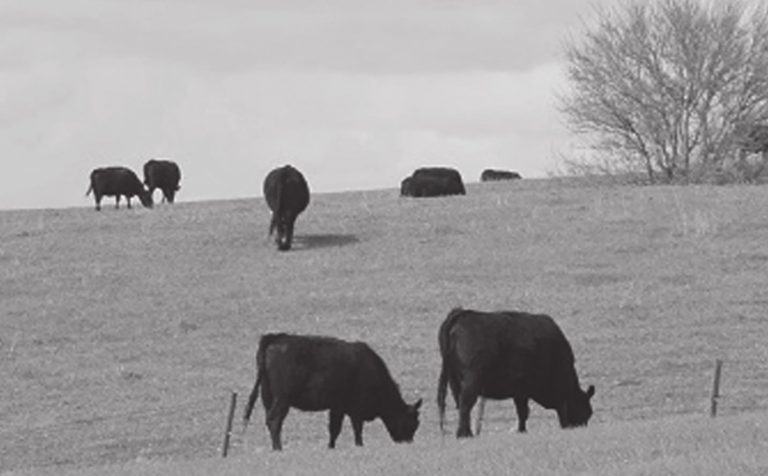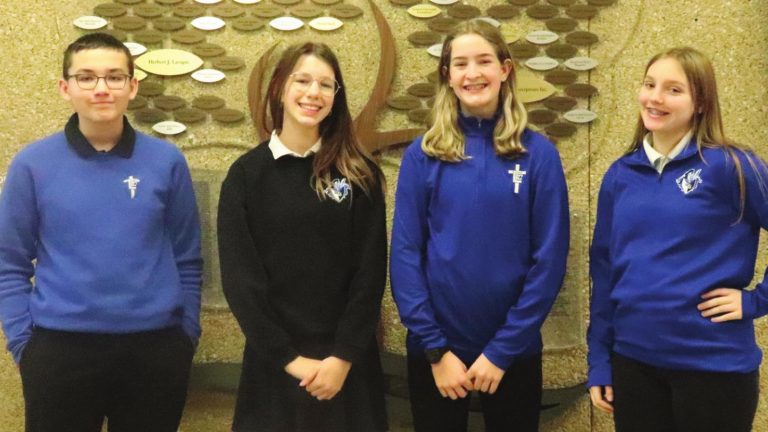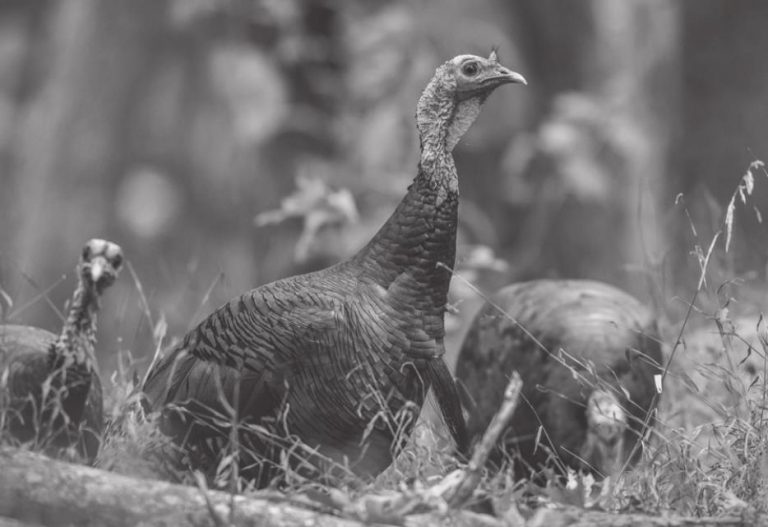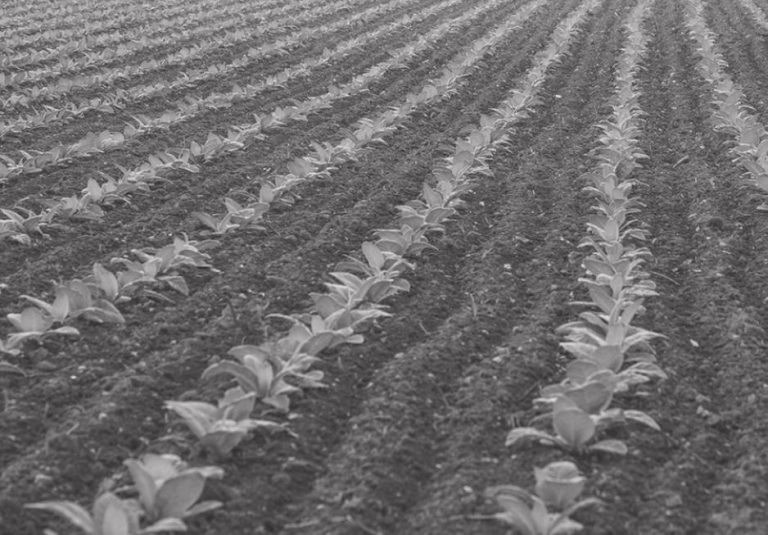Signs to watch for when suspecting drug addition
When you suspect someone is using drugs, there are many ways to confirm your suspicion. Today there are a variety of different drugs which produce a wide array of symptoms to be aware of.
When you suspect someone is using drugs, there are many ways to confirm your suspicion. Today there are a variety of different drugs which produce a wide array of symptoms to be aware of.
Nearly 100 Iowa Corn Growers Association® (ICGA) members filled the State Capitol rotunda on March 23 for the “Iowa Corn Day on the Hill” lobbying event. This delegation included ICGA Board, county leaders, and grassroots members from across the state. Their lobbying efforts focused on the Iowa Biofuels Access Bill, a top priority of the organization. The Iowa Biofuels Access Bill will increase consumer choice at the pump by making E15 an option at many fuel stations across Iowa.

In celebration of National Ag Day, March 22, Iowa State University Extension and Outreach continues to help farmers and the industry in a time of rapid change and new challenges. The post-COVID agriculture industry looks very different than the industry in 2020 – with record high commodity prices, record high input costs, record farmland prices, issues with supply chains and vulnerability in the world marketplace.
Staff with the Iowa Department of Natural Resources (DNR) are currently conducting their annual nighttime spring spotlight surveys across the state, collecting information on Iowa’s deer and furbearer populations.

Community Invited to Tour Exhibits on April 11 Lourdes Central Catholic is excited to host the traveling educational exhibit “Anne Frank: A History for Today,” March 28 – April 13. The exhibit includes a 30-panel display and tells the story of Anne Frank’s life against the backdrop of the Holocaust and WWII.

It happens each spring - Iowa’s timber echo with the sounds of male turkeys gobbling and preparing to do battle in an attempt to establish their territories in anticipation of the breeding season. With each passing day, the competition gets fiercer, and hunters, more excited. “Turkey hunting is a passion with our hunters who enjoy it for its intimacy and for its setting,” said Jim Coffey, forest wildlife research biologist with the Iowa Department of Natural Resources. “It’s a great time of year to be out experiencing the timber’s springtime awakening.” Turkey hunting participation has returned to pre-pandemic levels, and for the hunters heading to the timber each spring, success is measured by the pursuit of the birds, hearing them gobble and the opportunity to see them come in. Only around 20 to 22 percent of the tags are filled each year, which equates to a harvest of around 11,500 birds.
Construction of box culverts on Interstate 29 in Pottawattamie County will require lane closures and changing traffic patterns beginning on Monday, April 4, until mid-August, weather permitting, according to the Iowa Department of Transportation’s Council Bluffs construction office.

Why manure application should be on your spring to-do list Last fall, fertilizer prices were trending higher, and with supply change issues and soaring fuel prices, that trend has continued into the spring. Even with potentially higher crop prices, this offers challenges to finding ways to increase or maintain farm profitability.
Without pollinators, more than 100 crops grown in the United States would not be able to thrive. Plants, including various fruits, vegetables, nuts and more, rely on pollinators to ensure to transport pollen. Though many plants are self-pollinating and others are pollinated by the wind or water, many others rely on insects and animals to become pollinated. The U.S. Department of Agriculture says birds, bees, bats, butterflies, moths, flies, beetles, and small mammals all can work as pollinators. Examples of crops pollinated by pollinators include apples, squash and almonds. Animals and insects help pollinate more than 75 percent of the world’s flowering plants, and nearly 75 percent of all crops, according to the U.S. Fish & Wildlife Service. Unfortunately, pesticide use can diminish the number of natural pollinators. Natural gardening and pest-control can help protect the habitats of pollinators.

Regular readers of this column know that I am a family historian. They also know that I inherited the project from my father in those pre-internet days of 40-plus years ago, when you actually had to write letters, cross your fingers and hope they were answered, and then hope the answer provided the information you hoped to locate.